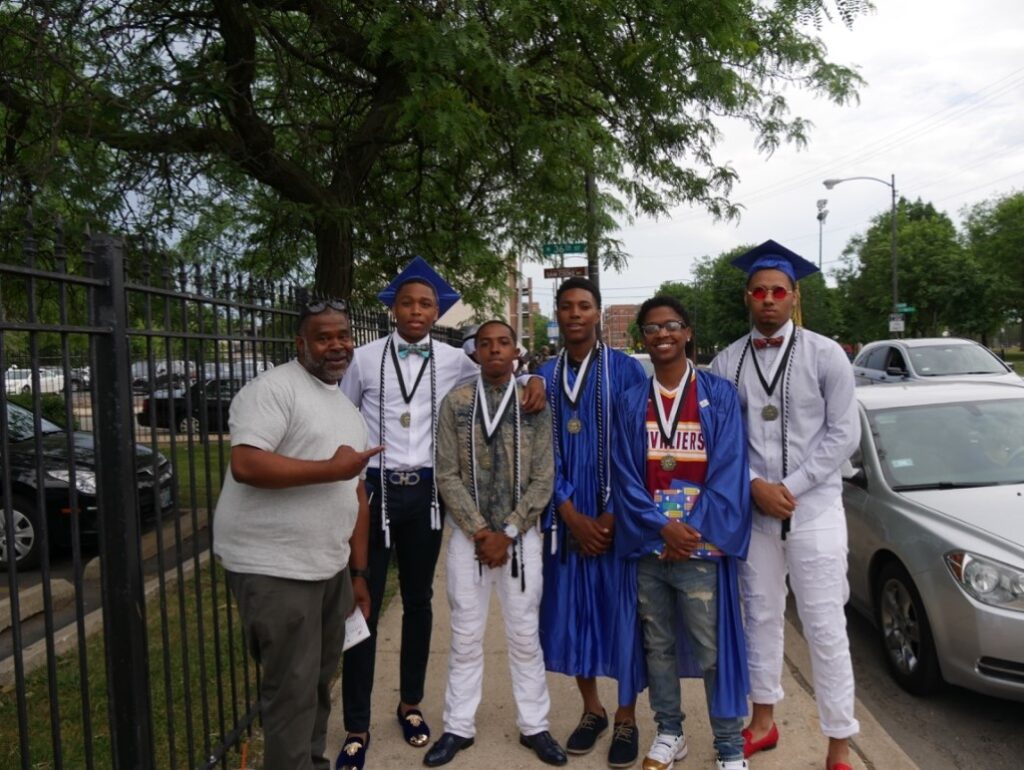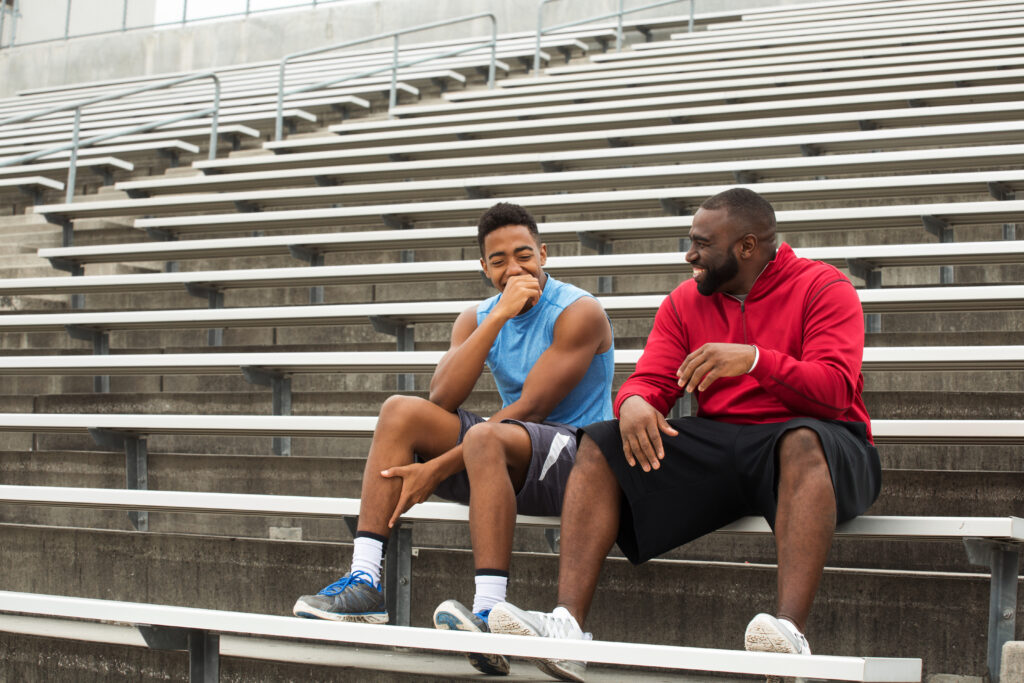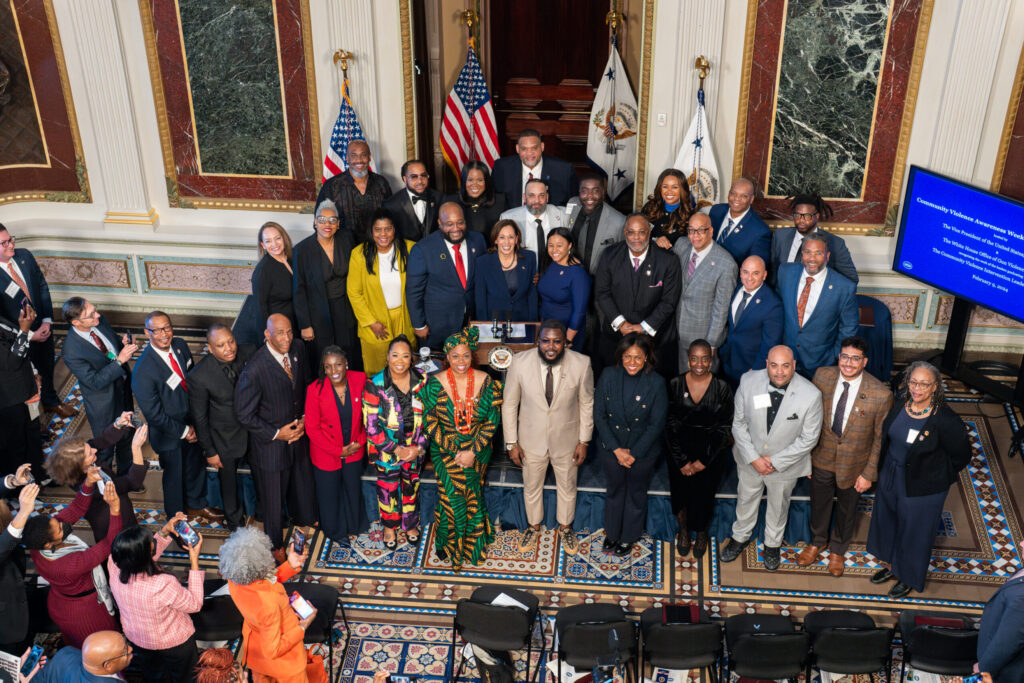Community Violence Intervention
Through a combination of street outreach by credible messengers and behavioral science-informed interventions, community violence intervention (CVI) programs help de-escalate stressful situations before they lead to violence.
The vast majority of gun homicides in America result from arguments that spiral out of control and turn deadly when a gun is present. That’s why CVI programs, such as behavioral science-informed interventions, can significantly reduce violence involvement by helping people cope with untreated trauma and learn to de-escalate conflicts. Given how little we know about alternative responses to gun violence — and the very high costs this violence imposes on our most vulnerable communities — this promise provides a clear rationale to continue studying the CVI model.
The Crime Lab conducts rigorous evaluations of CVI programs and works to find ways to make them even more effective at reaching the individuals at greatest risk of violence, providing the right supports to improve outcomes, and scaling those successes.
Becoming a Man, a program delivered by Youth Guidance that provides young people with behavioral science-informed interventions, can reduce violent crime arrests by nearly 50%.
Our evaluation of READI Chicago, delivered by Heartland Alliance, estimated a return of $4-$20 in social good to society for every $1 spent on the program
Rapid Employment and Development Initiative (READI) Chicago
READI Chicago is a gun violence reduction initiative that provides almost two years of intensive programming to men at the highest risk of shooting or being shot.

Community Safety Leadership Academies
The Community Safety Leadership Academies, composed of the Policing Leadership Academy and Community Violence Intervention Leadership Academy, aim to rigorously train the next generation of policing and community violence intervention leaders.

Choose to Change
The Choose to Change program combines trauma-informed therapy with wraparound supports with the goal of reducing youth violence while improving educational outcomes outside of an institutional setting.

Youth Advocate Programs
The Crime Lab and Education Lab, in partnership with Youth Advocate Programs, Inc. (YAP), conducted a randomized controlled trial of YAP’s wraparound advocacy services to evaluate the program’s impact on youth academic outcomes and violence engagement outcomes.

Latest Updates
Chattanooga Police Chief John Chambers Completes University Of Chicago Crime Lab’s Policing Leadership Academy
Chattanooga Police Department Chief John Chambers graduated from the University of Chicago Crime Lab’s Policing Leadership Academy, an education program dedicated to reducing violent crime and improving police effectiveness.

Vice President Kamala Harris Recognizes the CVILA at White House Ceremony

Chicago Police Make an Arrest in Only 20 Percent of Fatal Shootings
The Trace’s Rita Oceguera and Justin Agrelo highlight only 20% of fatal shootings in Chicago result in an arrest. Philip Cook, a professor emeritus of public policy and economics at Duke University, has been working with the University of Chicago’s Crime Lab to examine clearance rates and has noted a sharp decline in homicide clearance rates over the years.

